NEWS
Madrid, march 31, 2025 – This Monday, the Palace of the Senate this was the scene of the I Conference on Children and Youth, Mental Health and Sports, organised by the Foundation Football Spain. The day brought together experts in mental health, sport and well-being of children and youth, in a context key to addressing the challenges and opportunities offered by sport as a tool of prevention and promotion of emotional well-being.
"The emotional well-being is a right, not a luxury, and sport is a way to guarantee that" Sira Rego, Minister of Youth and Childhood.
Mental health as a right and a call to collective action
The opening was in charge of Javier Ignacio Velasco, Ambassador of Chile in Spain, and Gonzalo García Casamayor, president of Football Spain, who stressed the importance of international cooperation and the joint effort between sectors to address the challenges of the mental health of children and youth.
“What are we going to solve for us and we, as communities, as families, as neighborhoods, as people”, Javier Ignacio Velasco
One of the highlights of the day was the intervention of Sira Rego, Minister for Children and Youth, leaving a strong message: “The emotional well-being is a right, not a luxury, and sport is a way to guarantee it”. The Minister emphasized the need for a structural approach and collective to address the mental health, beyond individual solutions, and put in value the role of youth in recognition of this problem.
Mental health and youth: data concern
In the first roundtable, moderated by Celia Dominguez (Football Spain), participated Sandra Astete (UNICEF Spain), Sara Villodre (Youth Council), Elisenda González (EDUCO) and Belén González (Commissioner of Mental Health, Ministry of Health).
Sara Villodre presented alarming data: 43% of young spaniards between the ages of 16 and 29 years of age have been diagnosed with mental health problems, this percentage amounts to 53% in situations of vulnerability. In addition, the barometer of UNICEF revealed that 40% of young people surveyed had experienced emotional upset in the last year, and more than 40% had not shared with anyone evidence of the stigma that still surrounds mental health.
Elisenda Gonzalez emphasized the importance of ensuring safe environments for children, recalling the Law for the Protection of Childhood and Adolescence (LOPIVI) and the need to train professionals in prevention and early intervention.
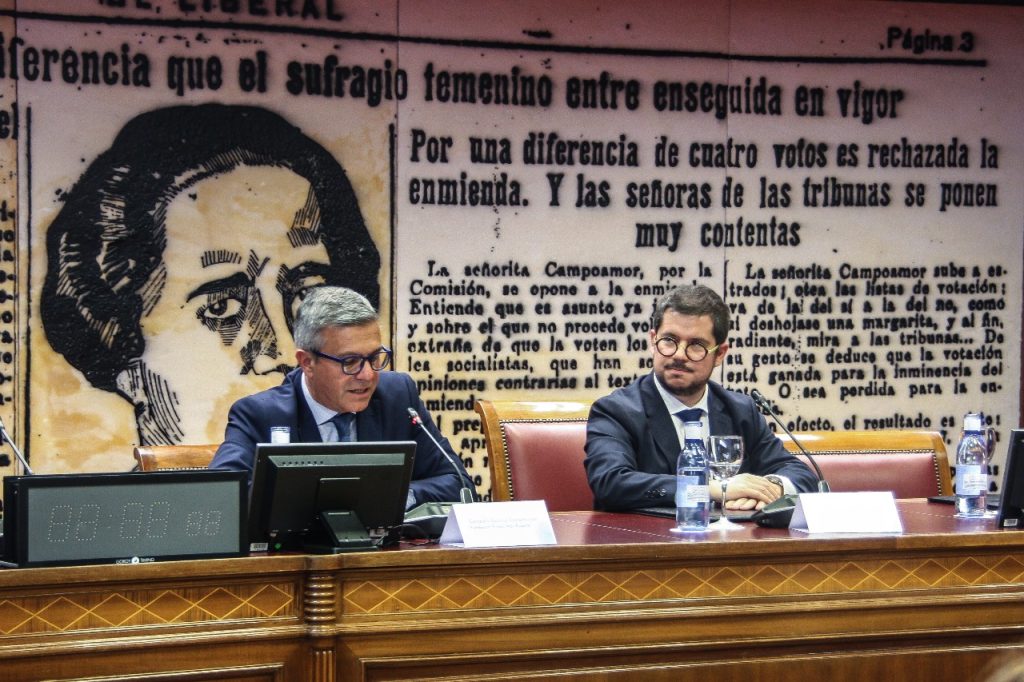
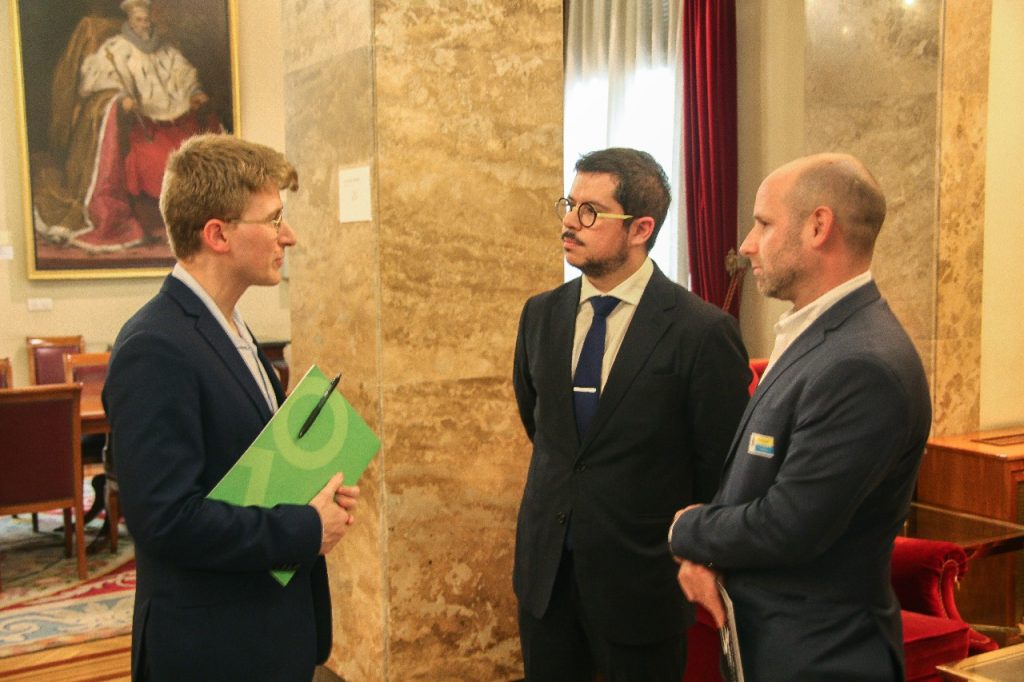
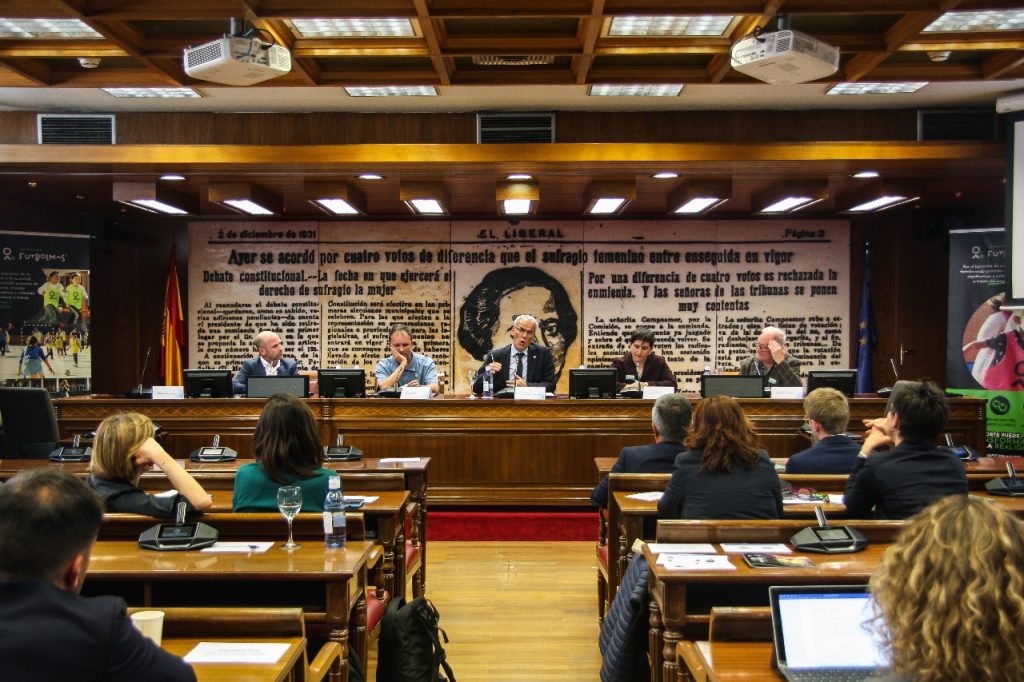
The Commissioner of Mental Health, stressed that they have started their work with a focus on active listening, gathering data and analyzing information on the mental health of children and adolescents. In addition, he stressed lto growing concern about the mental health of young women, with a worsening more significant in them than in men.
Sport and well-being: a space to improve
The second round table, moderated by John Araya (Football), saw the participation of Iñaki Alonso (KUNINA Sport), Manuel Díaz (Federation of Basque Football), Patricia Garcia (PGR NGOS) and Nel A. González (Confederation of Mental Health).
Iñaki Alonso warned that the sport is not automatically a space of well-being: may be both a tool of support as an environment of emotional suffering, depending on its management and who surround the sport.
"A decade ago, talk of emotional well-being in sport, it was unthinkable, but today it is a reality in the public debate" – Iñaki Alonso, KUNINA Sport.
Manuel Díaz cabello the difficulty of reaching out to families that really need to hear these issuesbeing in his experience, the biggest challenge to achieve currently. In addition, he denounced the lack of commitment to women's sport in Spain, emphasizing that, despite the achievements of international inequality in resources and opportunities remains a barrier. Manuel put in value management: in Gipuzkoa, the 21% of the players federated are women, compared to the state average of 8,15%. On this same point, Patricia emphasized the lack of women in positions of leadership in the Spanish sport and the urgency of implementing policies and methodologies that promote true equality of opportunity.
"Our sport female is a giant with feet of clay: for many world championships we win, the inequality continues to be the reality of football in Spain" – Manuel Díaz, Federation of Basque Football.
Nel A. González closed the table addressing the problem of suicide infantojuvenil and the need to implement a subject of comprehensive education for mental health in schools.
International collaboration: the model ICEHEARTS
The last panel, moderated by Aitor Hernández (Football Spain), presented the project to the ICEHEARTS, funded by the European Commission, which fits in Spain, a model, a Finnish mentoring and sport for the emotional well-being. Participated Mª Carmen Moreno (University of Seville), Diego López (Fundación Real Betis Balompié), Iñaki Alonso (KUNINA Sports) and Alison Maassen (EuroHealthNet).
It was noted the importance of the leisure structured and with purpose in the development of young people, highlighting how the lack of oversight in the free time you can increase the vulnerability of children and adolescents. Diego added that, in his experience, the football becomes a vehicle for the formation and accompaniment of children, and explained how from the foundation to leverage the emotional connection of the boys and girls with sports for transmit values such as resilience, sportsmanship and inclusion.
Alison Maassen highlighted the role of EuroHealthNet in the dissemination of best practices in health and child welfare at the european level:
"We can only be a catalyst for joint action if we have to have actions that share; our job is to connect, to spread and to ensure that best practices have a real impact in Europe" – Alison Maassen, EuroHealthNet.
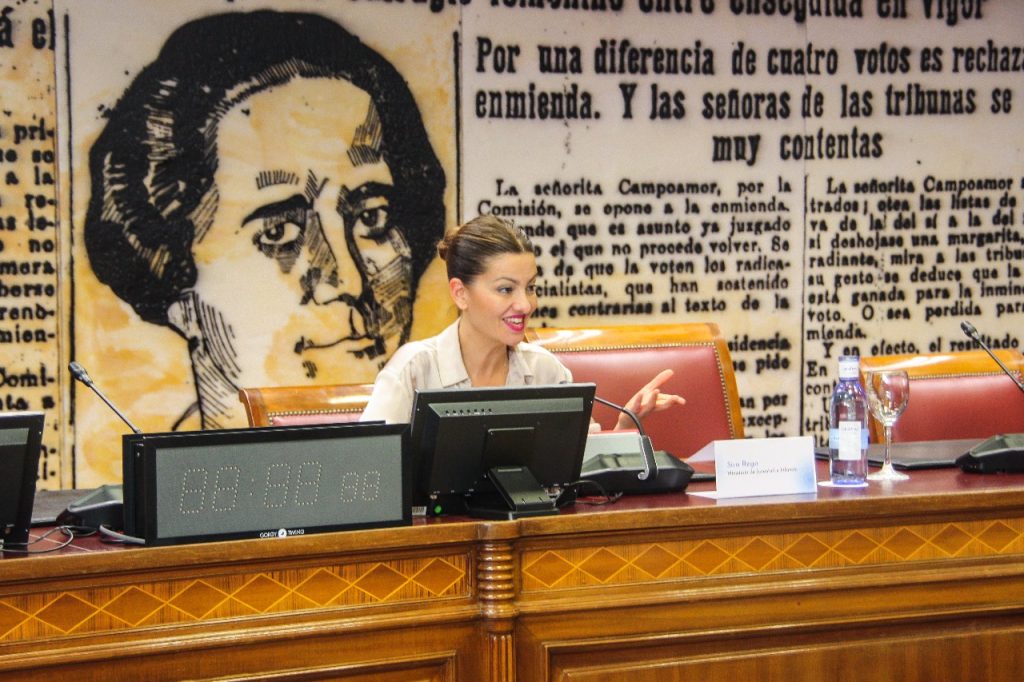
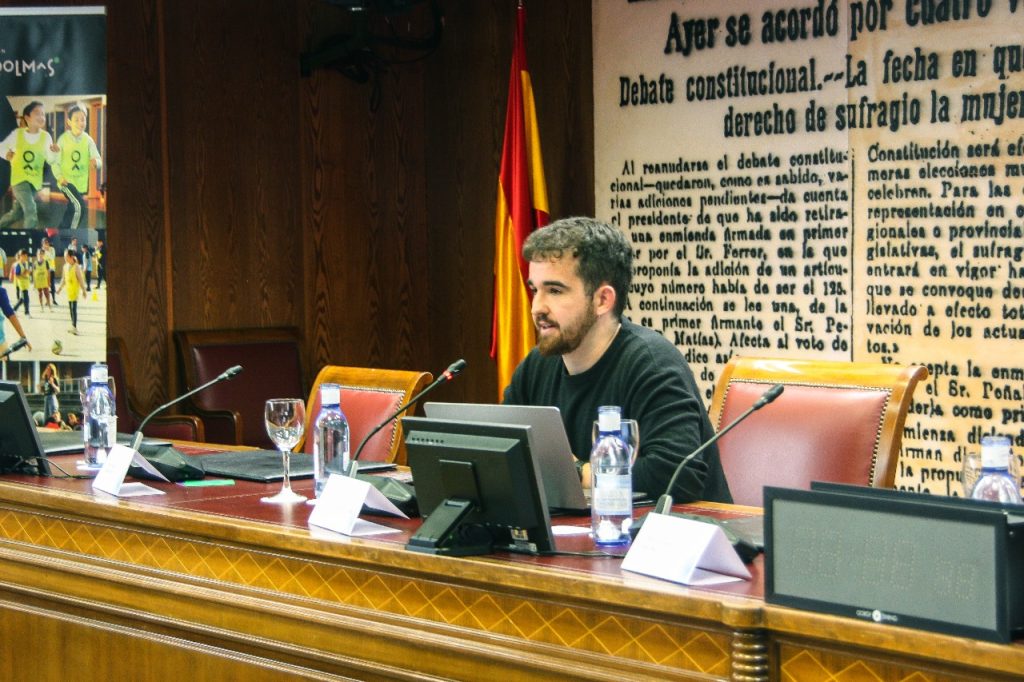
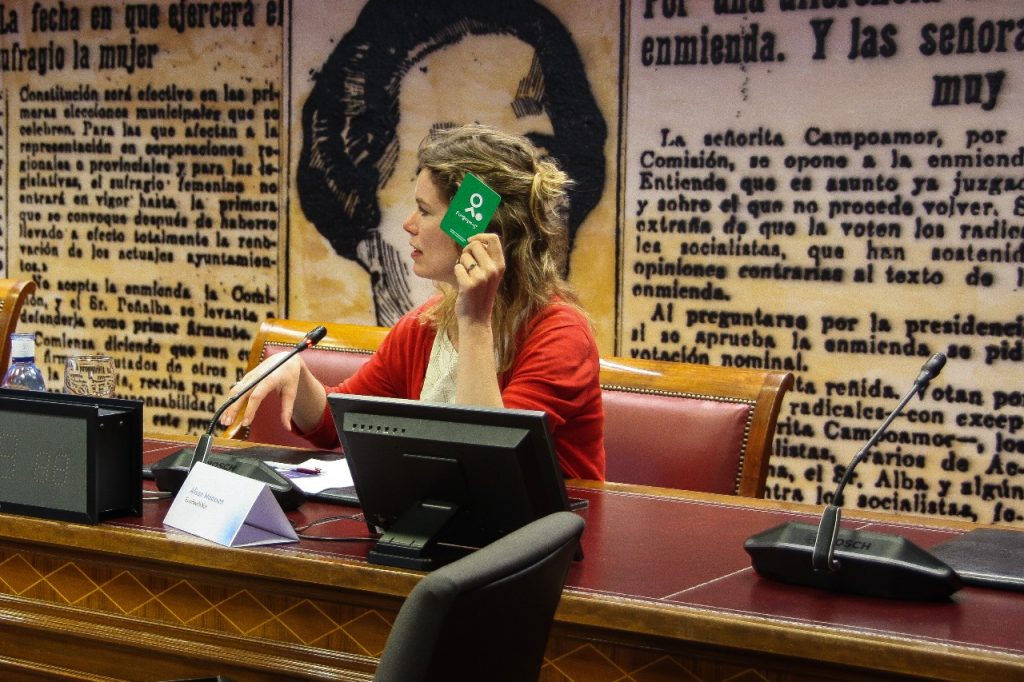
About the Foundation Football: an NGO with a global impact
Football is an international organization present in 7 countries on 3 continents and with more than 17 years of experience working with more than 170,000 children, girls and young people. The methodology of socio-educational uses sport as a tool of development, well-being and inclusion.
In Spain, the organization has a presence in Basque country, Navarra, Madrid and Andalusia, developing 15 projects that impact nearly 10,000 people in areas such as mental health, inclusion of migrants and refugees, gender equality and coexistence education.
Conclusion: A joint commitment
The I Conference on Children and Youth, Mental Health and Sport made it clear that mental health is a shared responsibility. From institutions to communities, the well-being of children and youth requires a structural approach and preventive, where the sport can -and should - be a tool of intervention and social transformation. The Foundation Football Spain reaffirms its commitment to the promotion of emotional well-being through sport, to promote initiatives that create real impact in the society.